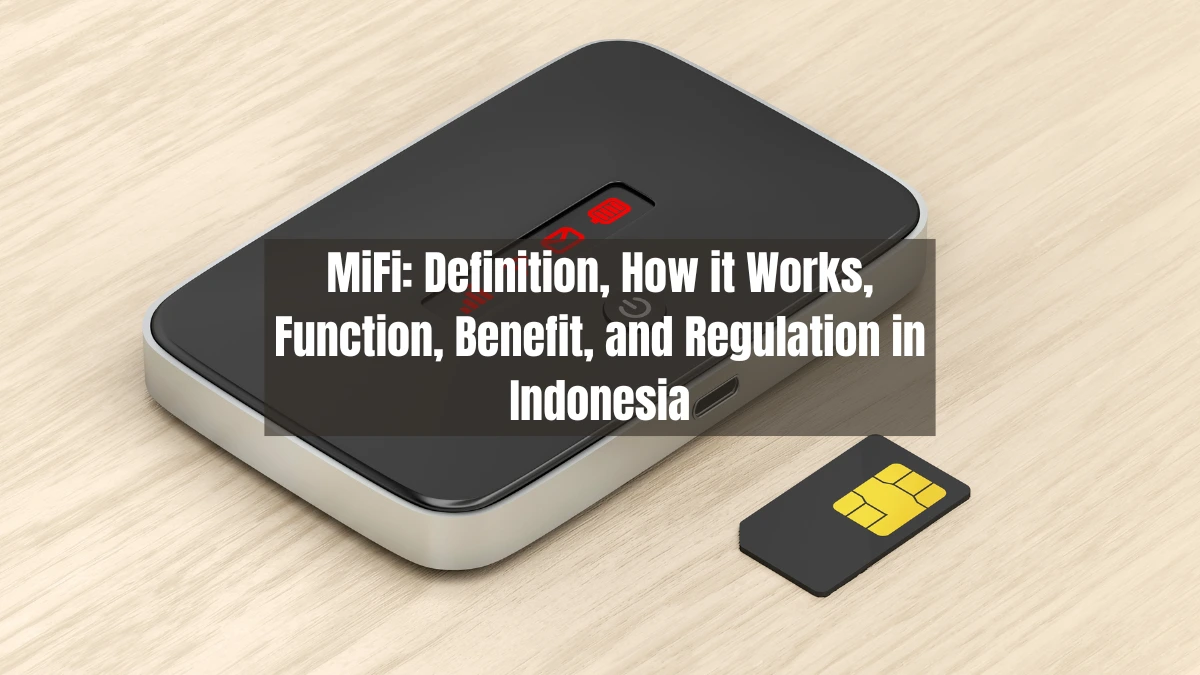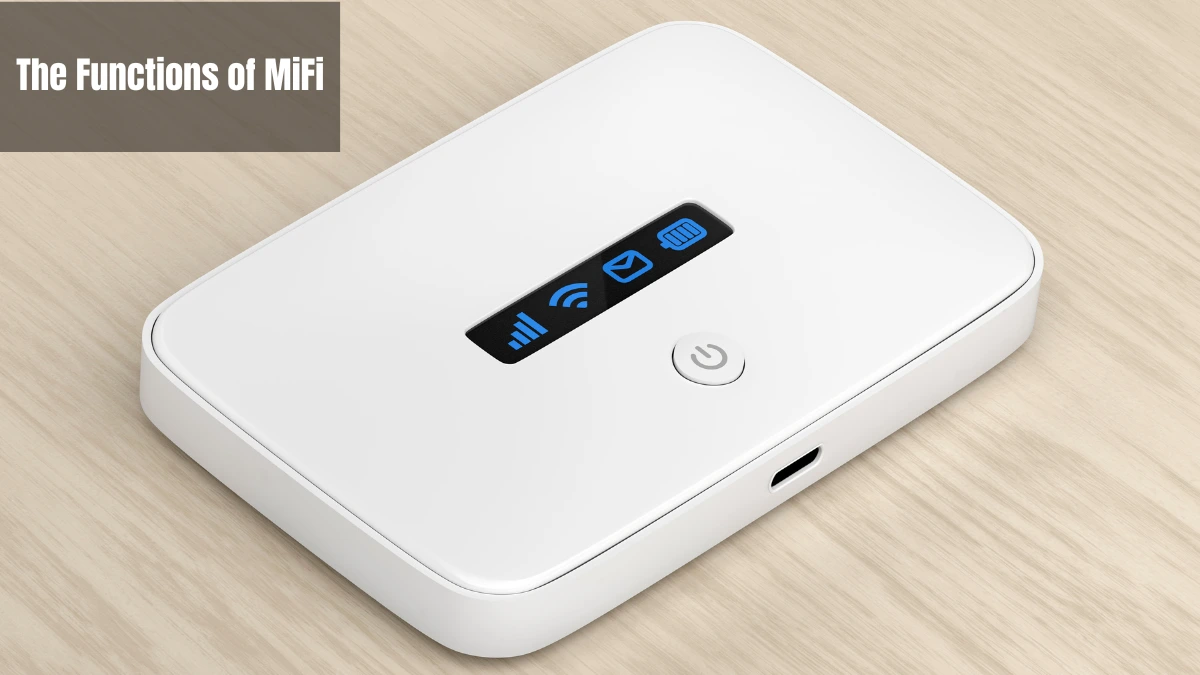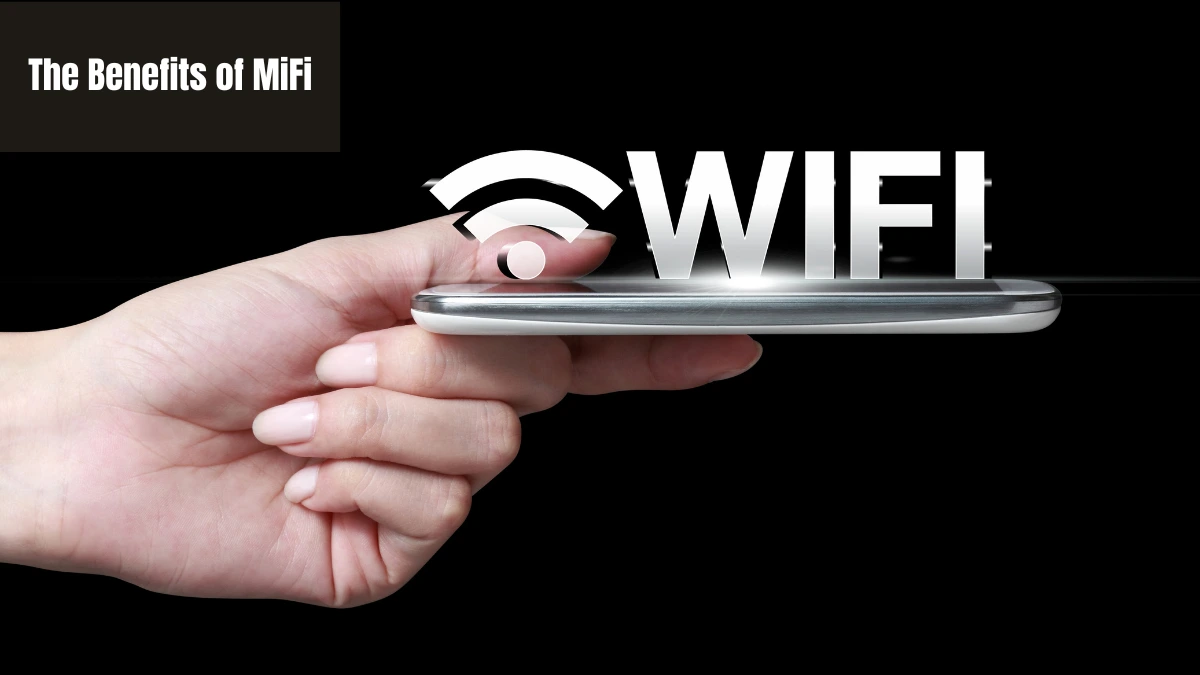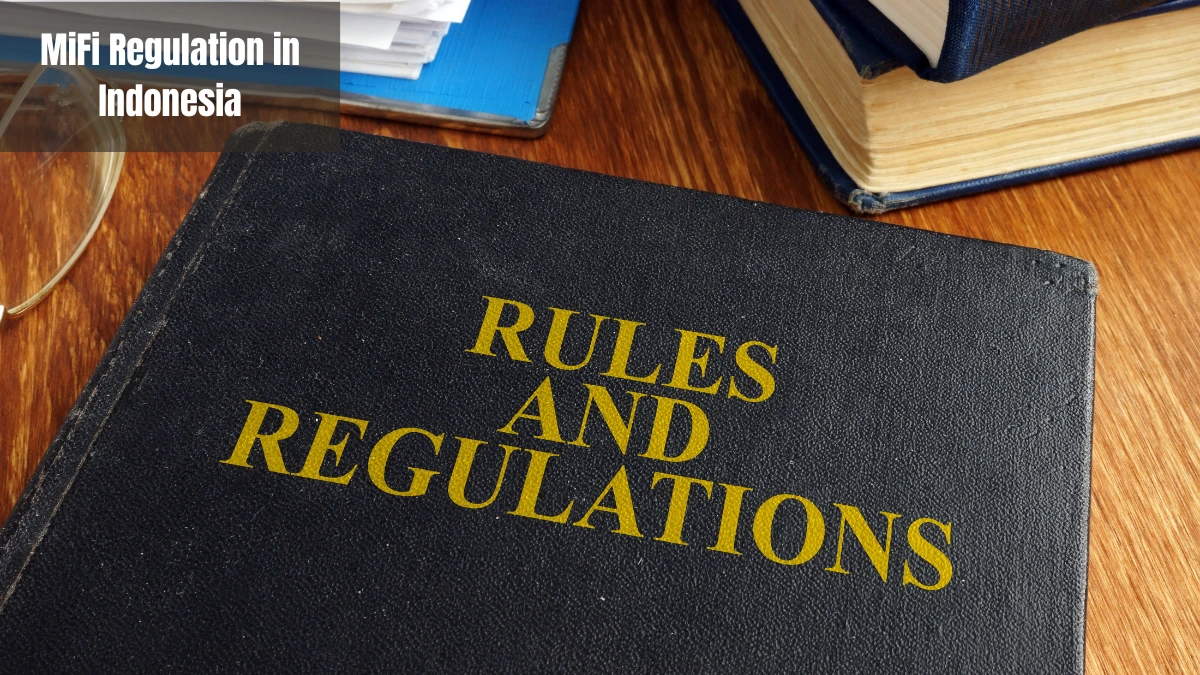Do you need a portable internet connection that you can take anywhere? MiFi is the answer. This device is a solution for portable internet that can be used anywhere with multiple devices at once.
MiFi's internet connection comes from an LTE-based cellular network. Some modern devices are also equipped with high-speed WiFi modules that allow more devices to connect without compromising signal quality.
Are you familiar with MiFi? Let's take a closer look at its definition, how it works, its functions, benefits, and regulations for its use in Indonesia.
What is a MiFi?

MiFi stands for Mobile WiFi, which is a portable device that can transmit internet signals to various devices, such as smartphones, tablets, and laptops. This device provides internet access using a cellular network. The cellular signal on the SIM card installed in the MiFi is converted into a WiFi signal.
This device is designed to be portable with a compact and lightweight design. It usually comes with a built-in battery, so you don't need to plug it in to turn it on. This device is suitable for those who like to move around and travel.
How Does MiFi Work?
MiFi works similarly to a WiFi router at home, but the internet source is different. While WiFi comes from fiber cables, MiFi gets its internet source from cellular networks. Here's how it works in simple terms:
- The SIM card connects to the cellular network: The SIM card in the MiFi captures the signal from the cellular operator.
- The modem creates a hotspot: MiFi converts the cellular signal into a data connection, creating a personal hotspot.
- Other devices access the internet: The transmitted internet network can be accessed by devices such as smartphones, tablets, or laptops.
The Functions of MiFi

The main function of MiFi is to provide portable internet. The following are the functions in detail:
- Create a personal Wi-Fi hotspot: Like a mini router that can create your own personal Wi-Fi network.
- Share your internet connection: The device can be connected to multiple other devices, such as laptops, tablets, and smartphones, simultaneously.
- Access the internet anywhere: It can be used in various locations as long as there is a cellular network signal, making it ideal for taking anywhere.
- Save your phone battery: With MiFi, you don't need to tether your phone, which can cause it to overheat and become unstable when used by multiple devices.
The Benefits of MiFi

MiFi provides many benefits, including unlimited portability, ease of use, solutions for traveling, and wide signal coverage. Here are some main benefits in detail:
Unlimited portability
MiFi is designed for unlimited portability. Its compact size, light weight, and lack of cables make it very easy to carry around. Not only that, this small modem can also be used in various places as long as there is a cellular network.
Ease of use
Using free WiFi in public places with questionable stability can certainly make you uncomfortable. The modem and router functions in one portable device make MiFi convenient to use for your internet connection needs. This device has a stable connection even when used with multiple devices at once.
Solutions for traveling
Solutions for traveling are another benefit provided by MiFi. With this small device, you can stay connected even when you are away from home, the office, or working remotely. This allows you to maintain your productivity.
Wide signal coverage
Don't underestimate the small size of this device. Not only does it provide a stable connection even when used with multiple devices, but MiFi also has wide signal coverage. Generally, this small device can cover a large room or an area of about 10-15 meters.
MiFi Regulation in Indonesia

The MiFi uses communication technologies that operate within a specific frequency spectrum. In Indonesia, a wireless device is required to have a DJID (Directorate General of Digital Infrastructure) under the Ministry of Communication and Digital (KOMDIGI).
MiFi regulation and type approval will be based on KEPMEN No. 352 Tahun 2024, which requires all radio frequency-based devices to meet specific technical standards before being sold in the country.
The DJID certification ensures that the product meets government safety and quality regulations and does not interfere with other communication devices. The certification process involves technical testing, such as frequency adjustments, safety checks, and compatibility with the surrounding environment.
Once the tests are completed, products that pass are listed in a Test Result Report, which confirms that the product is safe and meets the requirements for sale in Indonesia. This report reassures customers that the product meets technical standards and is secure.
For companies wanting to sell a MiFi in Indonesia, our Type Approval Services for ICT Products are available to assist with this process. This service includes preparing technical and legal documents, conducting required testing, ensuring compliance with regulations, helping companies streamline the certification process, and giving consumers confidence in certified products. [UN]